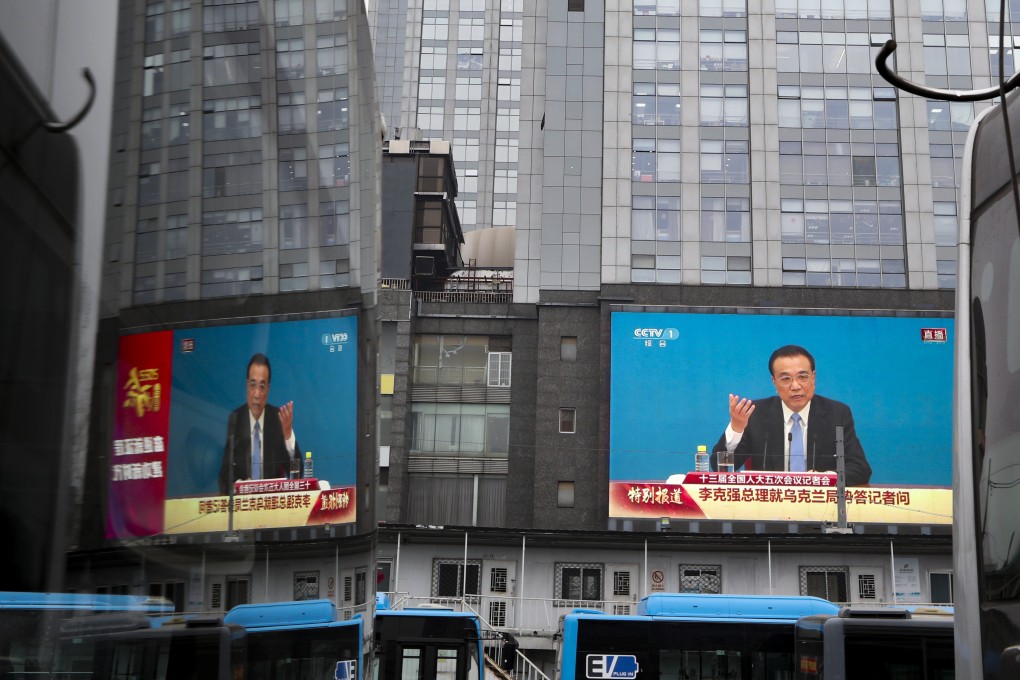Advertisement
Chinese premier appeals to US to lift export bans on China
- There is great potential for cooperation between the two countries, Li Keqiang says, striking a milder note than the Chinese foreign minister earlier in the week
- Competition in trade is still ‘benign and fair’, he says
Reading Time:3 minutes
Why you can trust SCMP
32

Chinese Premier Li Keqiang has called on the US to lift export bans on China, despite widening differences between the two countries.
During his annual press conference in Beijing on Friday, Li said there were broad areas and great potential for cooperation between China and the United States.
“If the United States lifts its export bans on China, bilateral trade will grow even larger and both countries and peoples will benefit,” he said.
Advertisement
He added that US-China trade grew by 30 per cent last year to US$750 billion and China was willing to seek long-term interests with the United States.
Hearkening back to the 1972 visit by then US president Richard Nixon to China, Li said ties had moved forward dispute occasion disruption.
Advertisement
“Now that both sides have opened their doors, the doors shouldn’t be shut again, and definitely not decoupled,” he said.
Advertisement
Select Voice
Select Speed
1.00x